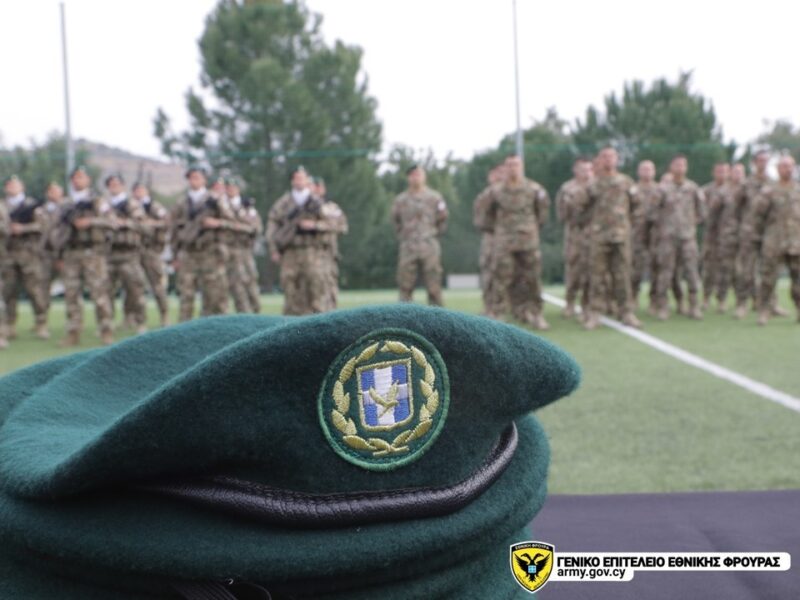Turkish revisionism is preoccupying public debate even in faraway New Zealand with the executive director of the political-economic think tank, The New Zealand Initiative, Oliver Hartwich signing an interesting analysis entitled, “Why Europe’s Next War Will it could be between Greece and Turkey”.
The German economist reports that “it may be tempting for Turkish President Erdogan to start a war against Greece to distract from domestic politics and inflation, but even if Turkey were to win militarily, it would further destabilize the economy.” and would become more isolated from other NATO members.”
Hartwig notes that “the last thing Europe needs right now is a war. Or, more precisely, another war,” underscoring that the escalation of rhetoric in recent weeks is extreme, referring at length to the Greek prime minister’s speech before members of Congress. This specific analysis also answers the question of how NATO members will position themselves in the event of a Greek-Turkish conflict. “Right now, the majority of NATO members support Greece. Or perhaps more accurately, it is against Turkey. Erdogan has irritated Western Europe for many years. The role it played in the various refugee crises is dubious.
His domestic economic policy is disastrous. His relationship with Russia has long been unclear. Not surprisingly, more NATO members are siding with Greece in this conflict.
The US has traditionally sided with Greece anyway. Regardless of how other NATO members position themselves, the most important question is how the Turkish president will handle this crisis.
It is a difficult situation for Erdogan. Next year, he will face a presidential election. His country’s economy is in turmoil, with an inflation rate of over 70%. Because of Erdogan’s idiosyncratic approach to economics and his constant intervention in the Turkish central bank, Turkish price increases are directly linked to him.”


